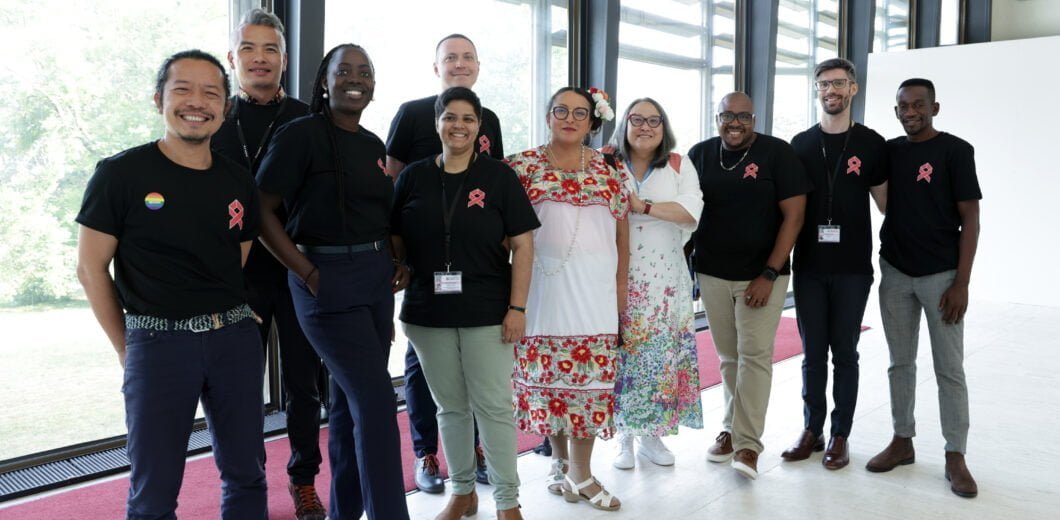The NGO Delegation appreciates MOPAN’s diligent efforts in compiling this assessment, acknowledging the substantial work and careful consideration invested in its creation. The assessment thoughtfully addresses many critical issues, notably the concerns and grievances surrounding the Secretariat’s current performance, financial resilience, and relationship with co-sponsors. Most significantly, this assessment offers valuable insights into the perspectives of various stakeholders on UNAIDS, facilitating a constructive path forward, upholding its existence beyond 2030, and sustaining its core mandate now and in the future.
Civil society organizations may align with some issues raised or express additional criticisms. In light of this, we urge UNAIDS to take heed of these concerns and expeditiously formulate a plan for their resolution.
However, we caution against endorsing all the recommendations, as some appear disproportionate and prematurely declare UNAIDS incapable of leading in the HIV response or suggest that it has reached the end of its mandate and should plan for its dissolution. Such conclusions may be hasty.
It is important to note that the report highlights three key challenges facing the UNAIDS Secretariat, none of which are entirely within its control:
- Donor countries with the financial capacity to support UNAIDS are not doing so, often citing their own funding shortfalls as an accusation against the Secretariat. This raises questions about interpretation and expectations.
- Cosponsors express dissatisfaction with the funding they receive from core Joint Programming, despite many receiving more than the Secretariat. This results in funding being redirected from the Secretariat, which may not align with the collective goals.
- The report concedes that there are unrealistic expectations regarding allocating resources for catalytic purposes at the country level. It is crucial to have a transparent conversation to clarify these expectations.
Additionally, Cosponsors voice concerns about the transparency of decision-making within the PCB and the Secretariat despite their representation in both bodies. This suggests a need for trust, improved communication, and alignment.
We strongly caution against returning the Joint Programme to ECOSOC in a new form and mandate. Such a move could have disastrous effects, including the destabilization or even destruction of UNAIDS. The current global political climate has seen a rise in anti-rights, anti-civil society, and anti-UN sentiments among some member states, threatening to undermine UNAIDS’ core mission. The NGO Delegation’s unique representation of civil society could also be jeopardized. It is imperative to carefully weigh the risks and benefits before making any decisions that could impact the future of UNAIDS.
The NGO Delegation firmly opposes any move to dismantle or wind up UNAIDS, as we believe in the organization’s enduring importance.
It is crucial to address the language used in the report’s summary, which lacks quantification of complaints and support for recommendations. Clarity on the extent of issues raised and the level of disaffection is necessary to make informed decisions.
In conclusion, while there are challenges to be addressed, it is premature to declare UNAIDS incapable of its leadership role in the HIV response or to suggest planning for its extinction. We must work collectively to ensure that UNAIDS remains relevant, garners the necessary funding, and maintains the support of key stakeholders. In the current global context, any call for dismantling UNAIDS could have adverse political, funding, and cooperation implications, which must be carefully considered.
